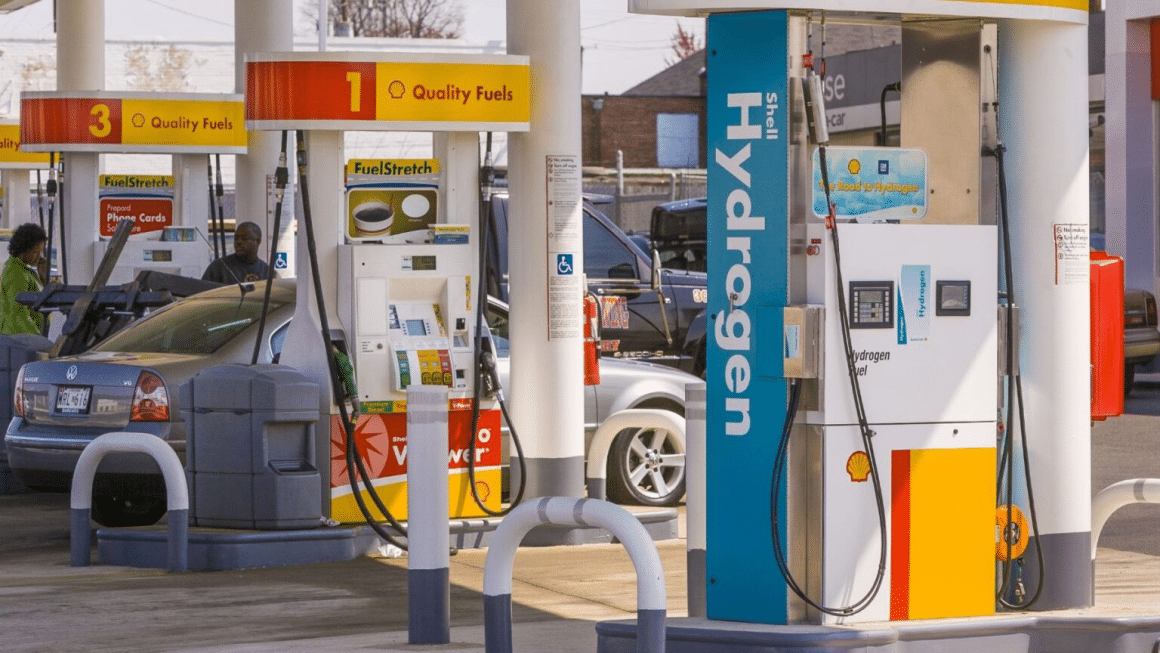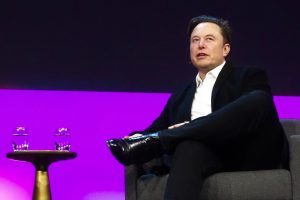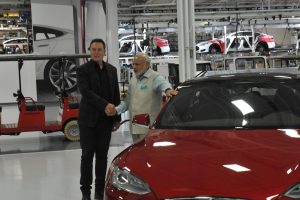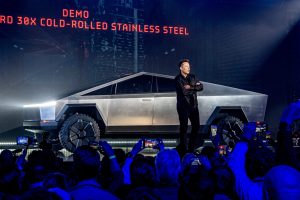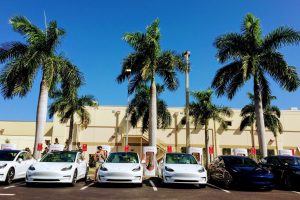- 🛢️ Shell is closing its California hydrogen refueling stations amid the development of hydrogen fuel cell solutions and EVs in the automotive industry.
- 🚗 Seven hydrogen stations in California will be permanently closed by Shell, leaving only three operational.
- 📍 The closures are scattered throughout Northern California, including locations in San Francisco, Berkeley, San Jose, and Sacramento.
- 💼 Shell cites “market factors” for the decision to close the hydrogen refueling stations.
- 📉 Plans for 48 new hydrogen refueling stations in California have been canceled by Shell.
- 🚘 Other automakers like Stellantis Pro One, General Motors (GM), Honda, and Toyota are pursuing hydrogen fuel cell projects.
- 🔌 Shell acquired EV charging company Volta Charge to expand its Shell Recharge network and partnered with Penske for light-duty EV charging stations deployment.
In a significant move reflecting the evolving landscape of automotive technology, Shell has announced the closure of its hydrogen refueling stations in California. This decision comes amidst the burgeoning development of hydrogen fuel cell solutions and the surge in popularity of electric vehicles (EVs) across the industry.
Understanding Shell’s Decision
- Market Dynamics: Shell attributes the closure of its California hydrogen refueling stations to “market factors.” This suggests a strategic realignment in response to shifting consumer preferences and industry trends.
- Impact on Infrastructure: With seven hydrogen stations set to be permanently closed, only three will remain operational in the state. The closures are dispersed across Northern California, affecting regions such as San Francisco, Berkeley, San Jose, and Sacramento.
Implications for the Automotive Industry
- Transition to EVs: The decision underscores the growing dominance of electric vehicles as the preferred alternative to traditional combustion engines. As EV infrastructure expands and technology advances, hydrogen fuel cell solutions face increasing scrutiny.
- Competitive Landscape: While Shell retreats from hydrogen refueling, other major players such as Stellantis Pro One, General Motors (GM), Honda, and Toyota continue to invest in hydrogen fuel cell projects. This diversification highlights the ongoing debate surrounding the future of automotive propulsion.
Shell’s Strategic Moves
- Acquisition of Volta Charge: In a bid to bolster its presence in the EV charging market, Shell acquired Volta Charge. This strategic move aims to expand the Shell Recharge network, positioning the company to capitalize on the growing demand for electric vehicle infrastructure.
- Partnership with Penske: Collaborating with Penske, Shell aims to deploy light-duty EV charging stations across four U.S. states. This initiative underscores Shell’s commitment to diversifying its energy portfolio and embracing the electrification of transportation.
Looking Ahead
- Sustainability Focus: As the automotive industry continues its transition towards sustainable mobility solutions, the role of hydrogen fuel cell technology remains uncertain. While some advocate for its potential in decarbonizing transportation, others question its feasibility and scalability compared to EVs.
- Investment Trends: Observing the strategic maneuvers of key players like Shell provides valuable insights into the future direction of the automotive industry. Investors and stakeholders alike must monitor these developments closely to navigate the evolving landscape effectively.
In conclusion, Shell’s decision to close its California hydrogen refueling stations marks a pivotal moment in the ongoing evolution of automotive technology. As the industry navigates the transition towards electrification and sustainable mobility, strategic moves and investments will shape the future of transportation.
